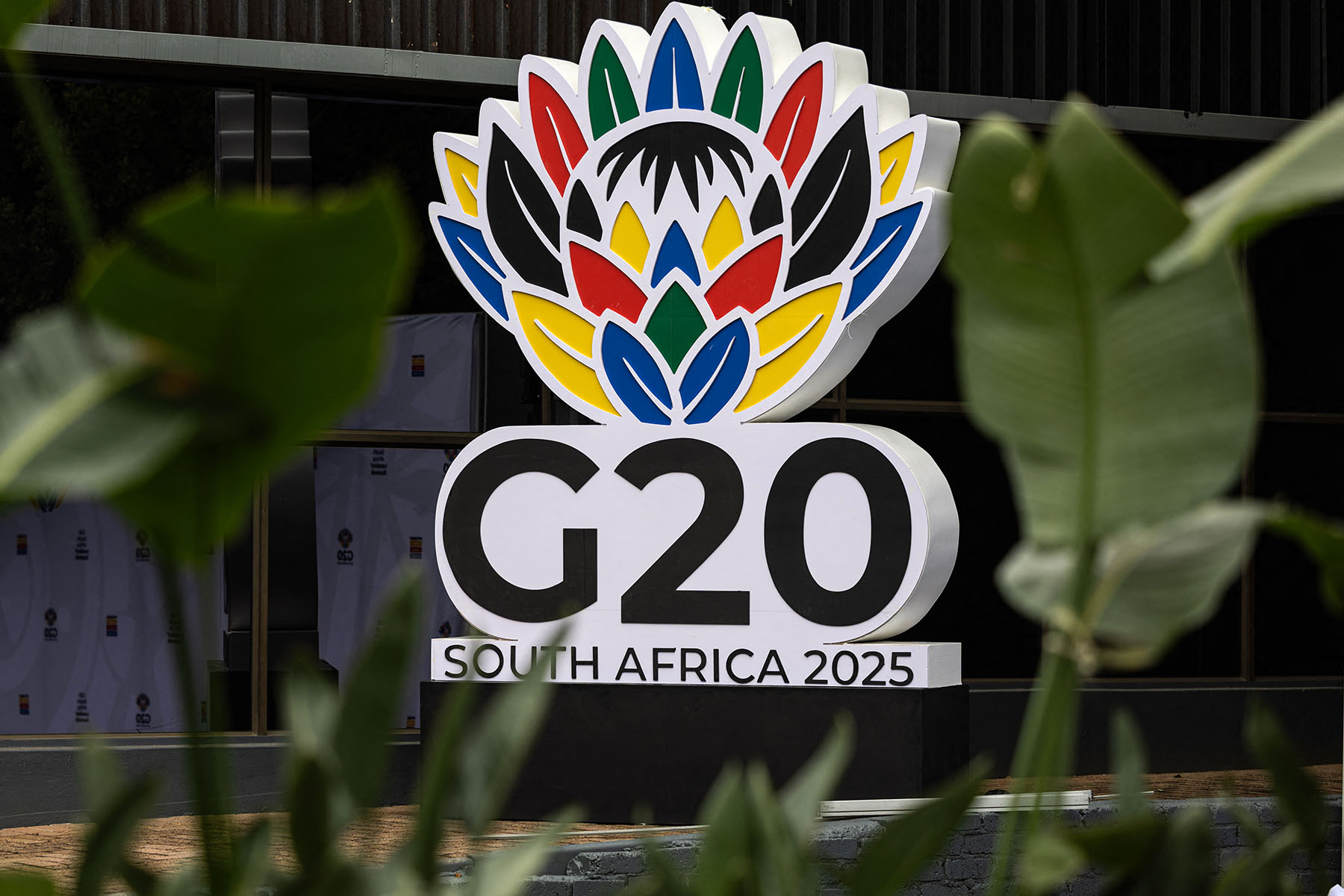Collaboration to cut tech costs, enhance capacity building, skills transfer: Experts

As the world's major economies prepare to converge in Johannesburg, South Africa, for the first-ever G20 summit hosted on African soil, momentum is building around a shared vision for a just and inclusive energy transition — one that places Africa not at the margins, but at the center of global climate and industrial transformation.
At the heart of this shift lies deepening China-South Africa and broader China-Africa cooperation in clean energy — a partnership that experts said could redefine how the continent harnesses its abundant solar and wind potential to power homes, industries and livelihoods.
Experts said the partnership between China and South Africa could define the continent's next phase of sustainable industrial growth.
"South Africa exports half of Africa's green goods and is also the leading importer of green goods in Africa," said Socrates Majune, an economist at the University of Nairobi.
READ MORE: G20 summit to proceed despite US absence, says South African president
"Africa's green goods are primarily exported to Europe and imported from China. Hence, both China and South Africa are big players in Africa's green transition," he said.
According to Majune, this cooperation could accelerate renewable energy development, reduce technology costs, and enhance capacity building and skills transfer.
"China's cooperation can foster an inclusive energy transition in Africa by focusing on accessible and decentralized clean energy projects while strengthening South-South solidarity," he said.
With the implementation of the Belt and Road Initiative, major infrastructure projects in renewable energy have taken root across Africa. In South Africa and many other African countries, clean energy power plants that utilize wind, solar, and water are powering the economy, with more projects being planned.
Majune said China's energy footprint clusters in resource-rich states, especially in the southern part of Africa, signal a growing link between resources and infrastructure.
Melha Rout Biel, executive director of the Institute for Strategic and Policy Studies in South Sudan, described the China-South Africa clean energy partnership as a "critical cooperation that needs to be expanded to the rest of Africa and the Global South".
"Joining hands between the two countries will benefit both peoples," he said.
He said that China and Africa should mobilize broader developing country support for clean energy cooperation, emphasizing that the G20 must "act as a bridge between ambition and implementation".
Biel called for a "whole-of-society approach and pro-planet lifestyle choices" to ensure tangible outcomes in the global energy transition.
He said that by combining China's technological expertise with Africa's vast renewable resources, the cooperation could accelerate the continent's transition from resource dependence to green industrialization, create jobs for millions, and help ensure that Africa's development is both sustainable and self-driven.
Economic imperative
Samantha Graham-Mare, South Africa's deputy minister of electricity and energy, said Africa's energy transition is not just an environmental imperative — it's an economic one.
"It means using our solar and wind energy to manufacture green steel, electric mobility components, hydrogen derivatives, and the equipment needed for the energy transition itself," she said.
Graham-Mare emphasized that clean energy growth must be inclusive, generating dignified jobs for Africa's youth, supporting small businesses, and ensuring that communities share in the benefits.
"Building green industrialization hubs is not something any single sector can do on its own. It's about systems working together," she said, emphasizing the need to align industrial, energy, and trade policies, while fostering cooperation with other nations to make this vision a reality.
She underscored that G20 leadership is vital in unlocking Africa's industrial transition through predictable climate finance frameworks, open trade for low-carbon goods, and co-investment platforms.
"True G20 leadership means recognizing that sustainable industrialization in Africa is not peripheral to the global energy transition — it is central to it," she said.
ALSO READ: South Africa urges stronger governance, institutions under G20 presidency
As South Africa assumes the G20 presidency, Graham-Mare said the country is committed to creating collaborative platforms that connect clean energy, manufacturing, and innovation. "Africa's industrial future will not be imported," she said.
Amith Sanjith Singh, head of Power and Renewables Finance at Nedbank Corporate and Investment Banking in South Africa, said the upcoming summit represents a decisive moment to move from dialogue to delivery.
"Over 600 million Africans still live without electricity. Until power becomes reliable and affordable, the continent's growth story will remain incomplete."
He said that G20 has a clear responsibility to dismantle barriers to energy investment and strengthen Africa's energy systems.
This includes improving the creditworthiness of utilities, advancing regulatory reforms for private sector participation, and deepening local capital markets.
Contact the writers at sharon@chinadailyafrica.com


